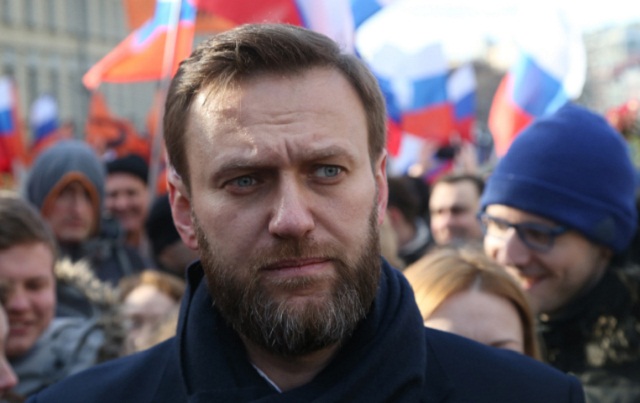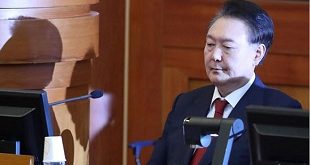
Moscow, Russia | AFP | Russia’s top court on Saturday rejected an appeal by opposition leader Alexei Navalny against a decision to bar him from running in the country’s 2018 presidential election.
The Supreme Court agreed with Russia’s Central Election Commission that Navalny cannot register as a candidate due to a controversial embezzlement conviction which the opposition chief says is politically motivated.
The court decided “to deny the granting of the appeal,” judge Nikolai Romanenkov was quoted as saying by Russian agencies.
Opposed only by token candidates, Russian President Vladimir Putin is widely expected to win a fourth presidential term in the March election.
Navalny’s campaign team said it will ask the Supreme Court to reconsider its decision and will also file a complaint with the European Court of Human Rights.
“We understood that this would be a political decision. But we will continue to go through all the stages of appealing,” said Navalny’s lawyer Ivan Zhdanov as quoted by Russian news agency Interfax.
On Monday, Russia’s Central Election Commission unanimously rejected Navalny’s bid to run against President Vladimir Putin next year, the controversial embezzlement conviction.
Navalny, who has campaigned across Russia in recent months, argued earlier in front of the commission that his conviction was lifted in the European Court of Human Rights, and that banning him from participation would make March’s election illegitimate.
The ban prompted the 41-year-old protest leader to call for a boycott of the election.
In a tweet following the Supreme Court ruling, Navalny repeated his call for Russians to shun the vote: “We do not recognise elections without competition.”
The opposition leader, who has built a sizeable campaign through his blog and YouTube on an anti-corruption platform, has called several mass rallies across Russia this year that saw a high number of young people participate.
He has called on his supporters to take to the streets again on January 28 following the ban.
Putin has been in power since 1999 and a victory in March would extend his rule until 2024, making him the longest serving Russian leader since dictator Josef Stalin.
The president and other top Russian officials do not refer to Navalny by name.
 The Independent Uganda: You get the Truth we Pay the Price
The Independent Uganda: You get the Truth we Pay the Price



